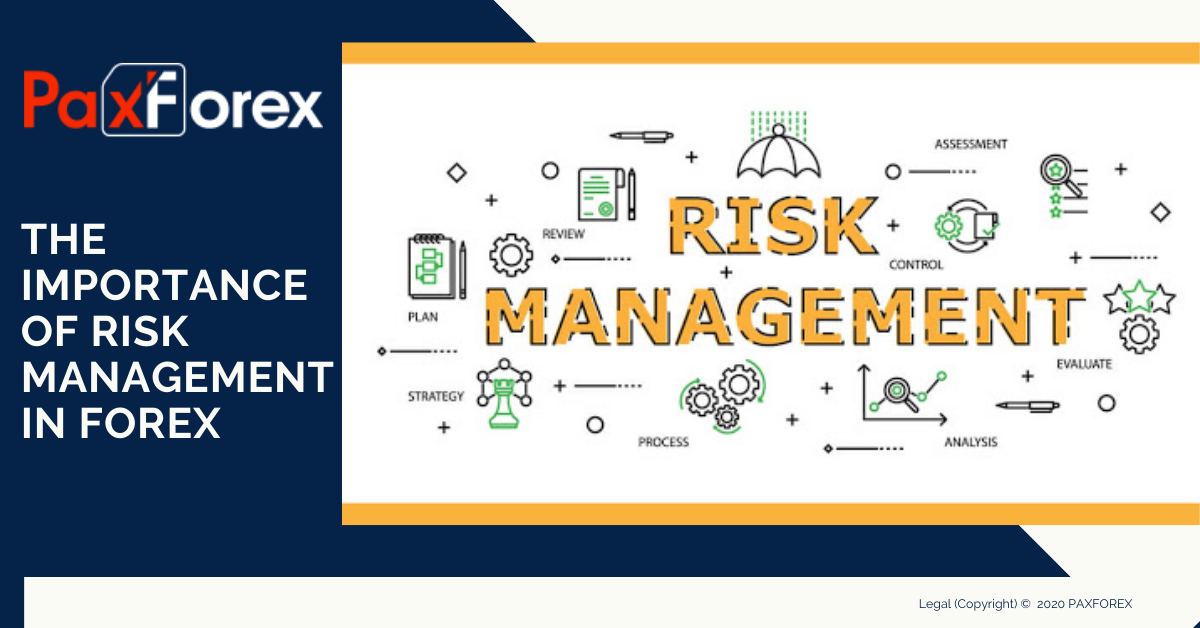The Vital Importance of Risk Management in Protecting Company Assets
The Vital Importance of Risk Management in Protecting Company Assets
Blog Article
The Significance of Comprehending the Value of Risk Management in Various Industries

The Core Principle of Risk Management and Its Function
Risk Management, the keystone of several industries, depends upon the recognition, examination, and mitigation of uncertainties in a business environment. It is an important practice that allows organizations to protect their properties, credibility, and overall survival. By correctly determining possible threats, organizations can establish techniques to either prevent these dangers from occurring or reduce their effect. The examination process entails examining the chance and possible intensity of these risks. As soon as risks have actually been recognized and examined, the mitigation procedure involves designing strategies to minimize their prospective influence. This process is cyclical and continuous, guaranteeing that businesses are planned for the ever-changing nature of Risk in different markets. The primary purpose, therefore, is to foster durability among uncertainties.
Advantages of Carrying Out Risk Management in Organization Operations
Revealing the Role of Risk Management in Different Industries
While every market challenges its distinct set of threats, the implementation of Risk Management techniques stays an usual in their search of sustainability and development. In the healthcare field, Risk Management requires ensuring patient security and data defense, while in finance, it involves mitigating financial investment risks and making sure regulatory compliance (importance of risk management). Building and construction business focus on worker safety and security, task hold-ups, and budget overruns. In the modern technology market, firms reduce cybersecurity dangers and modern technology obsolescence. Eventually, the role of Risk Management across sectors is to recognize, evaluate, and mitigate risks. It is a vital element of strategic planning, enabling organizations to safeguard their possessions, make the most of chances, and attain their objectives.
Real-life Situation Research Studies Showing Successful Risk Management
To recognize the importance of Risk Management in these numerous sectors, one can want to several real-life instances that illustrate the effective application of these actions. As an example, in the power field, British Oil created Risk mitigation prepares post the 2010 Gulf of Mexico oil spill. They carried out much better safety and security treatments and stricter laws which significantly decreased additional accidents. In financing, Goldman Sachs effectively browsed the 2008 monetary crisis by recognizing prospective mortgage-backed safeties risks early. Finally, Toyota, publish the 2011 earthquake in Japan, changed its supply chain Management to reduce disruption dangers. These cases show how industries, gaining from situations, effectively used Risk Management methods to lower future threats.
Future Trends and Growths in Risk Management Methods
Cybersecurity, as soon as an outer worry, has catapulted to the center of Risk Management, with approaches concentrating on avoidance, detection, and response. The assimilation of ESG (Environmental, Social, Governance) variables into Risk Management visit our website is an additional expanding trend, showing the raising recognition of the function important site that ecological and social dangers play in company sustainability. Thus, the future of Risk Management exists in the combination of advanced modern technology, ingenious strategies, and an alternative approach.
Final thought
To conclude, comprehending the importance of Risk Management throughout a spectrum of sectors is crucial for their long life and prosperity. Tailored strategies can help minimize possible risks, secure properties, and foster stakeholder trust. Additionally, positive decision-making help in regulatory conformity and enhances source usage. Ultimately, effective Risk Management adds to extra lasting and resilient businesses, highlighting the value of this method in today's vibrant and extremely affordable company environment.
While every industry challenges its one-of-a-kind collection of threats, the implementation of Risk Management techniques continues to be a typical denominator in their quest of sustainability and development. In the healthcare field, Risk Management entails guaranteeing client safety and data security, while in financing, it includes mitigating financial investment dangers and guaranteeing regulatory conformity. Ultimately, the function of Risk Management across industries is to recognize, assess, and alleviate dangers. These cases show exactly how markets, discovering from crises, properly applied Risk Management approaches to minimize future risks.

Report this page